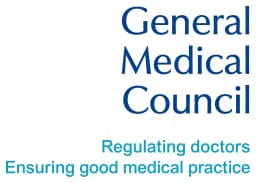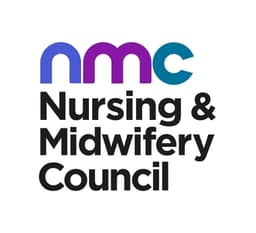Private Pregnancy [Quantitative] Blood Test London
Pregnancy (Serum) [Quantitative] provides diagnostic testing with fast, accurate results.
Pregnancy (Serum) [Quantitative]
Test fee £70 + £50 phlebotomy fee (per visit)
- Results in 1 day"
- UKAS accredited laboratory
- Professional phlebotomy service
- Confidential results portal
Or call 020 7183 2362
Pay at clinic on the day of your appointment
Pregnancy [Quantitative] – Private Testing in London
The Pregnancy [Quantitative] is available at South Kensington Medical and Dental, our CQC-registered clinic in South Kensington, London SW7. This test is priced at £70. A £50 phlebotomy fee applies per visit for blood collection. It requires a venous blood sample, and results are typically available within 1 day.
HCG (Human Chorionic Gonadotropin) is a hormone produced by the developing placenta after implantation. Quantitative blood HCG is more sensitive and precise than urine pregnancy tests.
Who Should Consider the Pregnancy [Quantitative]?
Women wanting early confirmation of pregnancy. Those with suspected ectopic pregnancy or miscarriage (serial measurements track viability). Women undergoing IVF monitoring treatment response.
In early normal pregnancy, HCG approximately doubles every 48-72 hours. Quantitative levels help date pregnancy and identify potential complications such as ectopic pregnancy when combined with ultrasound findings.
A trained nurse collects the blood sample by standard venepuncture, a straightforward procedure that typically takes around five minutes. Our clinic is on Old Brompton Road, directly opposite South Kensington tube station (Piccadilly, Circle, and District lines). No GP referral is needed — book online or call 020 7183 2362.
Why Take This Test
This test provides specific insights into your health condition.
- Specific symptoms
- Doctor recommendation
- Health monitoring
- Treatment guidance
- Diagnostic clarity
- Peace of mind
How It Works
Book Online
Choose a convenient date and time
Visit Our Clinic
20 Old Brompton Road, South Kensington
Quick Blood Draw
Professional phlebotomy, 5 minutes
Get Results
Results in 1 day"
Frequently Asked Questions
Common questions about this blood test
Visit Our London Clinic
Central London location with excellent transport links
Address
South Kensington Medical & Dental
20 Old Brompton Road
South Kensington
London SW7 3DL
Getting Here
- 2-minute walk from South Kensington tube
- Circle, District & Piccadilly lines
Opening Hours
- Monday, Wednesday9am - 6pm
- Tuesday, Thursday9am - 8pm
- Friday8am - 5pm
- Saturday10am - 4pm
- Sunday10am - 4pm
Contact
Ready to Book Your Test?
No GP referral needed. Book online and get tested at our South Kensington clinic. Results within 1 day".
You May Also Be Interested In
Related tests frequently booked alongside this one
Meet Our Medical Team
Our experienced medical team is fully qualified and registered with the GMC and NMC, delivering safe, high-quality care in line with the highest professional standards.
Because our patients deserve nothing less.
Registered. Regulated. Trusted.
At South Kensington Medical & Dental, we are fully registered with the Care Quality Commission (CQC) and our clinicians are registered with the relevant UK regulatory bodies, including the GDC and GMC. Our dentists, dental nurses and medical professionals deliver care that meets the highest clinical, safety and ethical standards, because our patients deserve nothing less.





